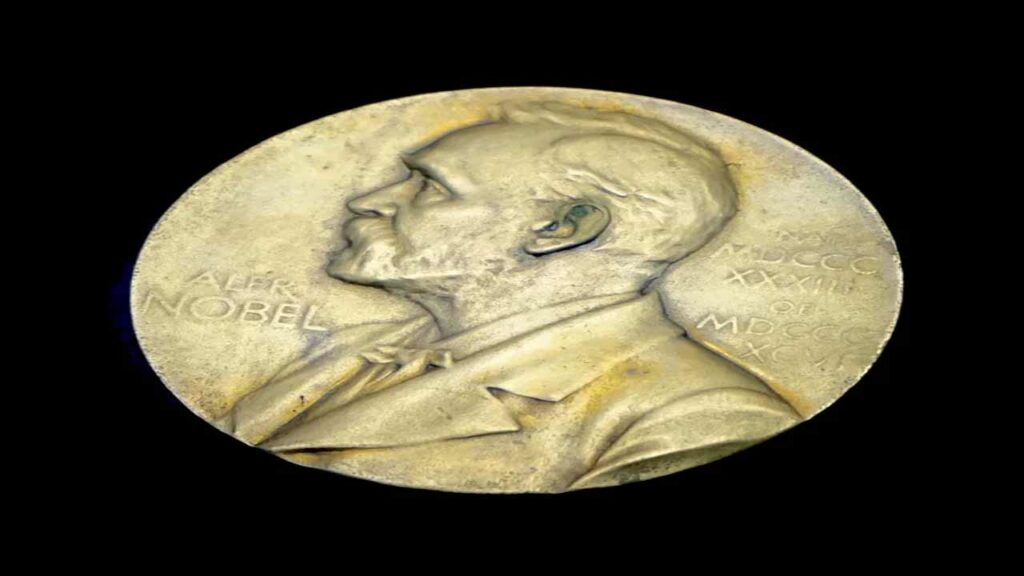Nobel Prize 2020 in Physiology or Medicine has been awarded jointly to three scientists who discovered the Hepatitis C virus. These scientists are Harvey J. Alter, Michael Houghton, and Charles M. Rice.
The prize was announced was Nobel Committee in Stockholm. The committee, while announced the prize for 2020, noted that the work done by these three scientists helped explain a major source of blood-borne hepatitis which made possible blood tests and new drugs that have saved millions of lives across the globe.
“Thanks to their discovery, highly sensitive blood tests for the virus are now available and these have essentially eliminated post-transfusion hepatitis in many parts of the world, greatly improving global health,” the committee said.
“Their work also allowed the rapid expansion of antiviral drugs directed at hepatitis C. This made the disease curable for the first time in history, raising hopes that the hepatitis C virus can be eradicated from the world population,” it added.
ALSO READ | Hepatitis C Drugs May Help Battle COVID-19, Supercomputer Simulations Suggest
According to the World Health Organisation (WHO) there are around 70 million hepatitis cases in the world and 400,000 deaths each year. The prestigious Nobel award includes a gold medal and prize money of over USD 1,118,000 or 10 million Swedish kronor.
What Is Hepatitis C
The hepatitis C virus or HCV is a single-stranded small, enveloped RNA virus of the family Flaviviridae. It is the cause of hepatitis C and some cancers such as liver cancer in humans.
Hepatitis C is simply a liver infection that can lead to serious liver damage.
The infections are of two types – acute or short-term and chronic or long-lasting. In the first case, symptoms last for up to 6 months.
Chronic infection is the second stage of infection and usually happens when the body cannot clear the virus. This is a very common scenario and is reported in more than 50 per cent of cases.
How Hepatitis C Is Transmitted
This is blood-borne virus and spreads through contaminated blood. Other most common causes of transmission are:
Reuse of inadequate sterilization of medical equipment, especially needles and syringes.
According to WHO, the virus can be transmitted sexually and an infected mother can transfer it to her baby, however, these are very less common modes of transmission.
Symptoms of Hepatitis C
People can have no symptoms during the incubation period of hepatitis C and this ranges from 2 weeks to 6 months. In other words, there are very few or no symptoms at the acute stage.
Some of the symptoms are fever, decreased appetite, fatigue, nausea, abdominal pain, vomiting, dark urine, grey-coloured faeces, jaundice and joint pain.
Hepatitis C Drugs May Help Battle COVID-19
Earlier, several drugs approved for the treatment of hepatitis C viral infection were identified as potential candidates against COVID-19 caused by the SARS-CoV-2 coronavirus, according to a study based on extensive calculations using supercomputer simulations.
Scientists examined more than 6,000 drugs, having history of safe use in humans, to find if any of them can be helpful in treatment of COVID-19.

